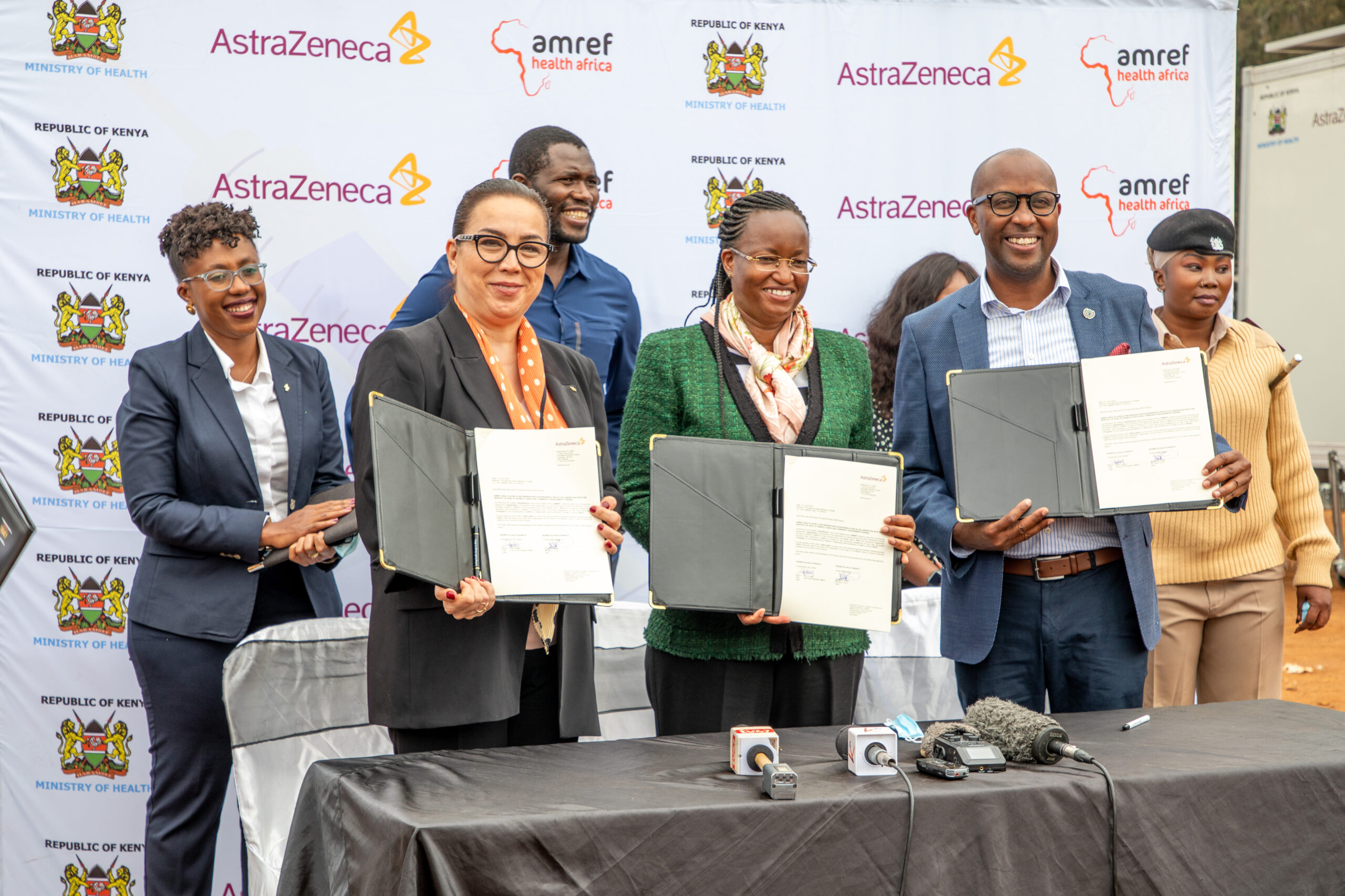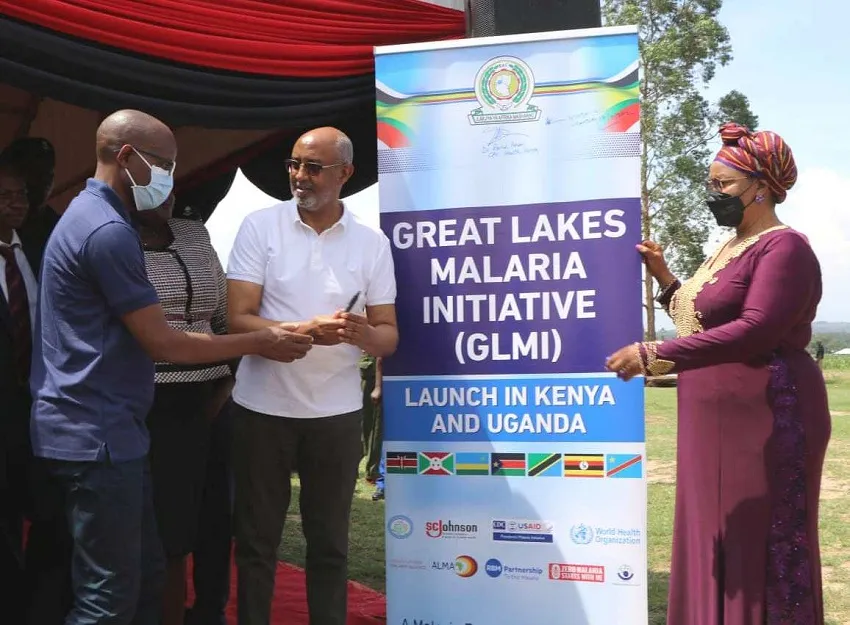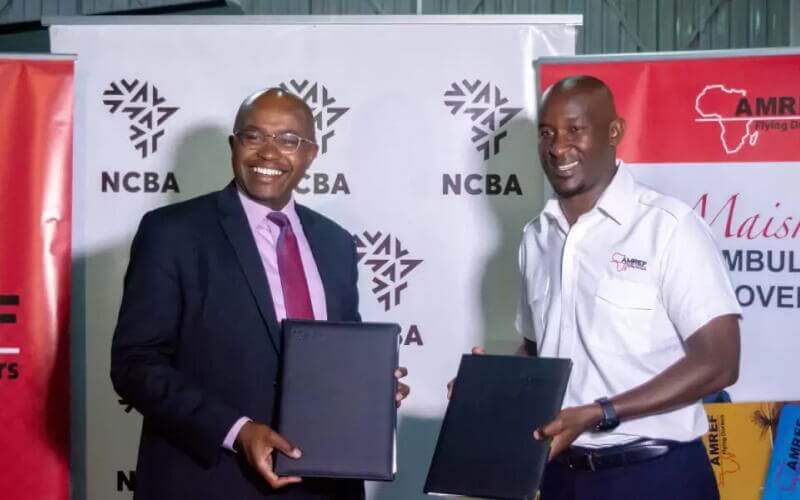Jane’s Story
Monday, 10 April, 2017


Jane Sereu, Deputy Head Teacher and mother of three, educates her school children about good hygiene in Africa, diarrhoea is one of the biggest killers of children under the age of five. Even when it doesn’t lead to death it often means that a child can spend long periods away from school thus negatively affecting their academic performance.
“As a mother, I know the agony you go through when your child is lying in bed sick instead of being in school or out playing with other children,” says Jane Sereu, a 33 year old mother of three.
“Yet many of the illnesses which they suffer from can easily prevented through basic hygiene and sanitation practices,” she adds.
Jane is the Deputy Head Teacher at Olkiramatian primary school, one of the schools in Kajiado District in Kenya, teaching children good hygienic practices, with the wider aim of improving the health of their communities.
The Personal Hygiene And Sanitation Education (PHASE) programme, which is integrated into the education curriculum, is based on three principles to keep germs at bay. Wash your hands. Use safe, uncontaminated water. Go to the toilet in a clean latrine.
“Young people are the most receptive to new ideas and change, which is why we are targeting them. Since the programme was introduced, fewer children are getting sick and levels of absenteeism have reduced,” says Jane.


Since traditionally girls are the ones who are in charge of handling the drinking water and food in the kitchen, it is important to encourage simple and safe practices such as boiling water to kill germs.
“When you educate a girl you educate a community.
What these girls learn in school is slowly finding its way into the their homes. For instance the ‘leaky tin.’ This is a simple device consisting of a suspended tin and a tiny hole with a bung at the bottom, providing a source of uncontaminated running water for washing hands. Go to the any village around and you’ll spot at least one,” says Jane.
There is also a great need to reduce the inequality gap between boys and girls in education. There is an African saying that ‘when you educate a girl, you educate a community. This is clear when you look at Jane’s role in moulding the lives of young Maasai girls through her teaching.
Many years ago, Jane was a student at the same school.
“Boarding school was convenient because my parents were nomads, this meant that they would migrate seasonally with their herds in search of better pastures and water. I couldn’t travel with them because the schools back then were too few and far between and constant movement would have negatively affected my education. I became the first girl from this school to make it to a national secondary school,” she says proudly.
For a girl in rural Kajiado, education is still a difficult pursuit. Many young girls stay at home to carry out vital household chores like fetching water and caring for younger siblings.
“I was lucky that my parents took my education very seriously and I am now a living example to many parents in my village who are thinking of pulling their girls out of school,” she says.
“Like any other community, there are both strengths and weaknesses in our Maasai culture. Girls are often married off to suitors at a very young age after they have been circumcised. These are some of the cultural practices that we are trying to do away with,” she says.
However more women like Jane are now fighting hard to dispel negative stereotypes of the Maasai community as ‘backward’ or ‘underdeveloped.’
“I am proud of my culture and I would like my children to adopt it,” she says. Educating girls and incorporating practical aspects such as personal hygiene and sanitation in the school curriculum, will go a long way towards improving the health of communities in Kajiado.
Amref Health Africa teams up with African communities to create lasting health change.







